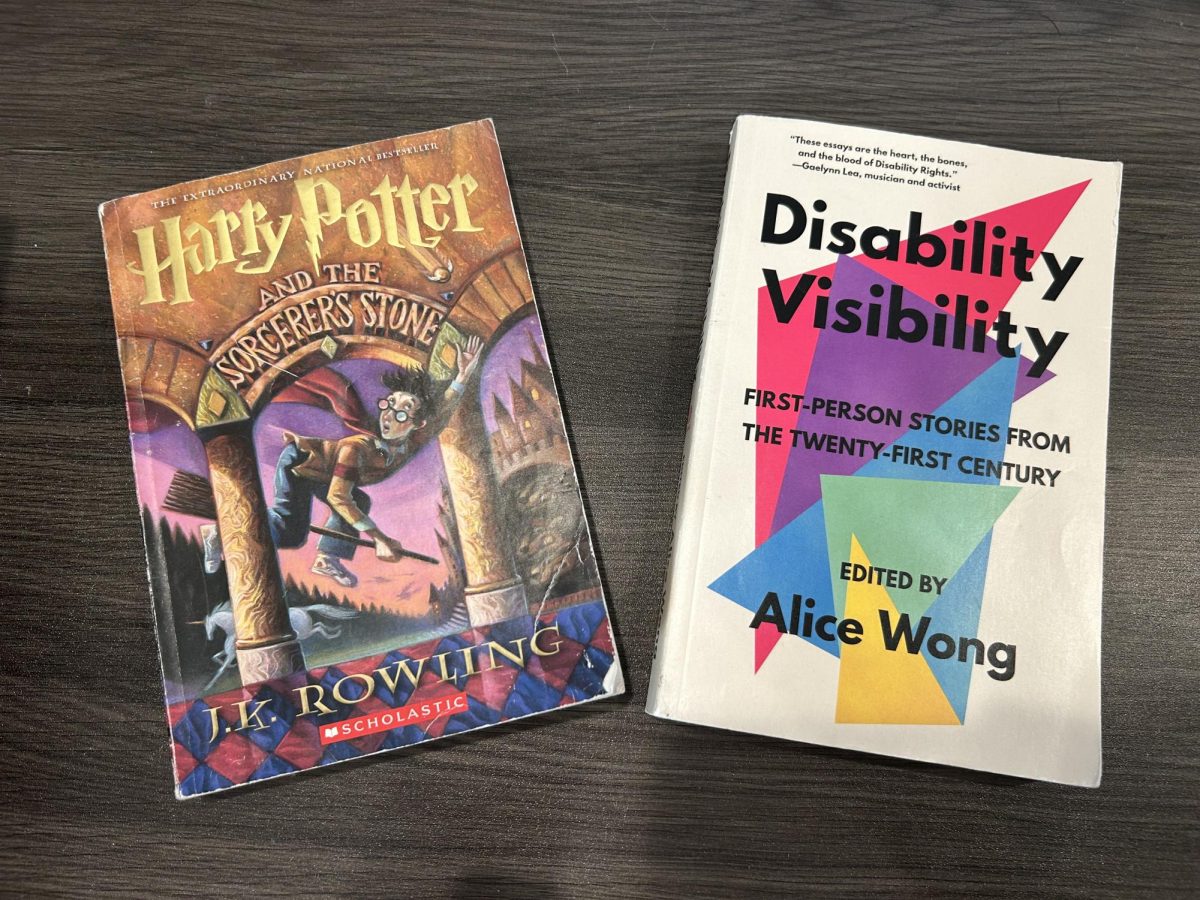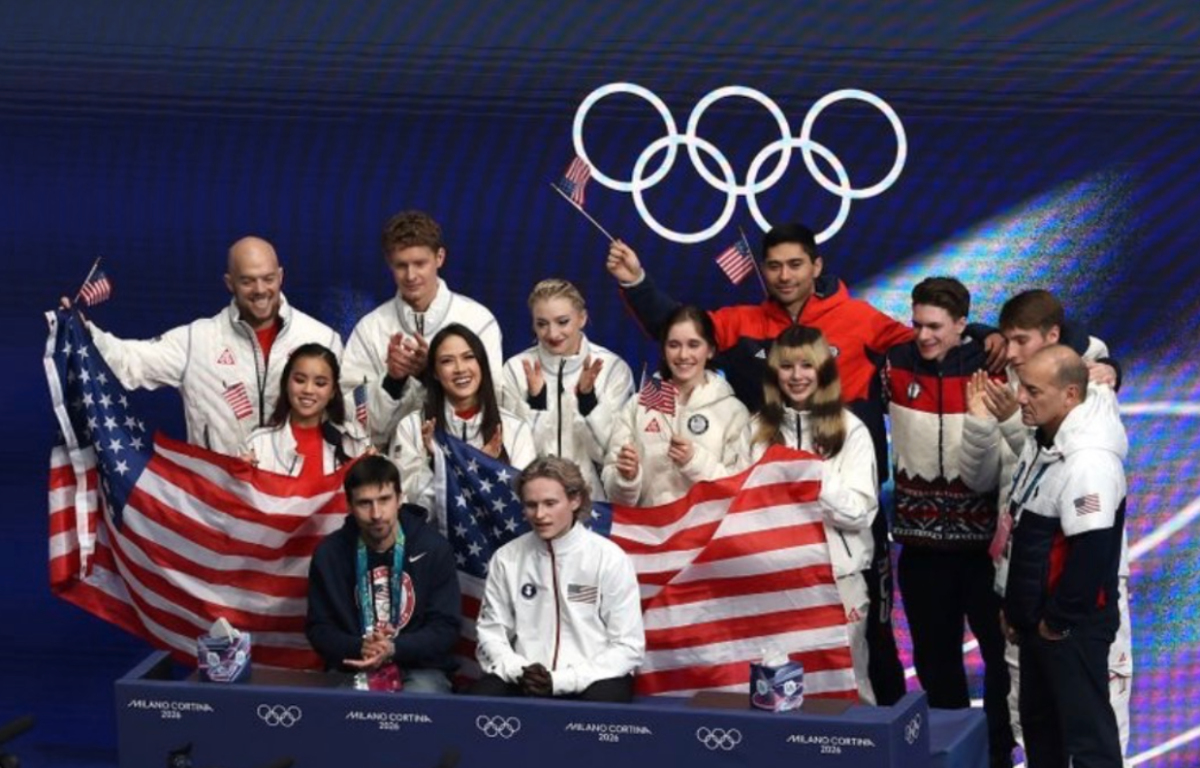The Truth About The ACT and SAT
Common area in counselor hallway lined with college flags and posters.
September 24, 2017
As leaves begin to change color and fall from trees, standardized test season returns to Hingham High School. Among students and parents alike, there is much confusion about the differences between the two college preparatory standardized tests: the SAT and the ACT. Hopefully, this article will help clarify some typical misconceptions about both tests.
First, some common knowledge: the SAT and the ACT were both created in the twentieth century to, in theory, provide colleges with “one common criterion that can be used to compare all applicants to a specific college,” according to the Princeton Review. The Hingham High School Counseling website describes the ACT as “an achievement test, measuring what a student has learned in school.” While the SAT is “more of an aptitude test, testing reasoning and verbal abilities.”
The ACT has five components: English, Mathematics, Reading, Science, and an optional Writing Test. Contrarily, the SAT has only three components: Critical Reasoning, Mathematics, and a required Writing Test. Most colleges require the optional writing section of the ACT for admission. The SAT penalizes for wrong answers, while the ACT does not penalize for wrong or guessed answers, instead basing its score on only the number of correct answers.
Walking into the counseling hallway of Hingham High during C block, the space is scattered with seniors. They sit at tables finishing up some school work or college forms, or wait to speak with a counselor about something regarding the college application process. In Ms. Gawel’s office, a group of senior girls stand around her desk with a box of munchkins in the middle. They all snack and ask Ms. Gawel about upcoming college related events in the midst of casual conversation.
When asked about the standardized tests, Cassie Devine said that she had tried the SAT twice after taking the PSAT. “The math section was easy for me, but I struggled with the english section,” she admitted. “After the second time, I thought I should try the ACT. I did way better on it than the SAT. It’s a shorter test and more fast-paced, and the questions are significantly easier, especially if you’re not an English person.”
Also, Cassie brought up how she wished she’d tried both tests earlier in junior year. “I waited until the Spring, [to take the SAT] but I wish I had taken them earlier. I wish I did it in winter so I could also take the ACT and figure out which one I would want to take the time to improve my scores on. Taking it in the fall this year is kind of rushed with college applications.”
Other seniors in the room, including Katherine d’Entremont and Katie Dole, have not taken the ACT because they felt that they did well enough on the SAT. Ms. Rapoza spoke that the new design of the SAT is very similar to the ACT, but the ACT is more focused on science. Henceforth, she advised, “If you are stronger in science, it’s certainly something to consider.”
Ms. Gawel also explained how some schools will even “superscore” the ACT, meaning they take the average of the highest scores in each section to make one final score.
To succeed the best you can on the tests, you may consider tutoring or individualized prep. Fliers for specific prep programs including Apt and Revolution are available in the counseling common area (seen in photo below).
Disregarding the many myths about the SAT and ACT, both tests are ultimately designed to help students find the college best suited for them academically. The tests should be something to do your best on, but not something to become immensely stressed over. Ultimately, to succeed on either test, Cassie advises, “you have to try them both to see which one works the best for you.”
For more in-depth information on the SAT and ACT go to: https://www.princetonreview.com


































